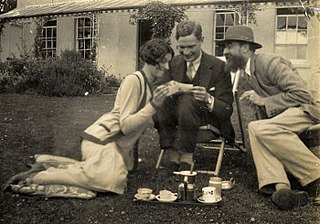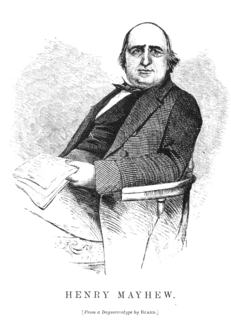A Quote by Oscar Wilde
The English are always degrading truths into facts. When a truth becomes a fact it loses all its intellectual value.
Related Quotes
In fact, I always assumed that most everything I read was true, to one degree or another. I couldn't articulate this fact until after I read Tim O'Brien's The Things They Carried and he discussed Happening Truth, Story Truth, and Emotional Truth. I always understood that the facts of The Sun Also Rises or On the Road were the facts as dictated by a certain narrative structure, but because the experiences of those characters echoed my own feelings about the world. I knew there was a Happening Truth behind them.
Truths emerge from facts, but they dip forward into facts again and add to them; which facts again create or reveal new truth (the word is indifferent) and so on indefinitely. The 'facts' themselves meanwhile are not true. They simply are. Truth is the function of the beliefs that start and terminate among them.
The birth of a new fact is always a wonderful thing to experience. It's dualistically called a "discovery" because of the presumption that it has an existence independent of anyone's awareness of it. When it comes along, it always has, at first, a low value. Then, depending on the value-looseness of the observer and the potential quality of the fact, its value increases, either slowly or rapidly, or the value wanes and the fact disappears.
There are also two kinds of truths, those of reasoning and those of fact. Truths of reasoning are necessary and their opposite is impossible, and those of fact are contingent and their opposite is possible. When a truth is necessary its reason can be found by analysis, resolving it into more simple ideas and truths until we reach those which are primitive.
I think everybody's talking about like facts and truth and you know like that 'We're here to fact check' and all of that, that's the base material of journalism. You cannot have journalism without facts and truth. But if facts and truth were what actually you know sort of moved people's lives and moved their decision-making like the election would have had a different outcome.
[The scientist] believes passionately in facts, in measured facts. He believes there are no bad facts, that all facts are good facts, though they may be facts about bad things, and his intellectual satisfaction can come only from the acquisition of accurately known facts, from their organization into a body of knowledge, in which the inter-relationship of the measured facts is the dominant consideration.




































